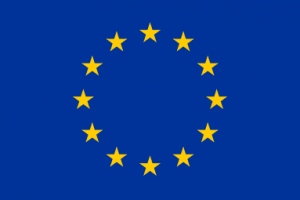What key competencies will be needed for student to address these challenges? How can we integrate future-oriented skills into science education?
Ideas and conversations sparked around those three questions at the first official meeting of Oxford Open Schooling Network (OOSN), on November the 3rd 2021. The event was hosted by Dr. Alison Cullinane and Dr. Olga Ioannidou and served as an introduction to FEDORA and the network’s aims and visions. Different stakeholders were invited to participate, including researchers in science education, scientists, secondary school teachers, professionals from informal learning spaces and science centres, and representatives of companies and charities. They meet and start working together to create a shared vision for science education and education in general and theorise possibilities for future orientations in science. The questions targeted participants’ views on future challenges, future skills, as well as ways of integrating these skills into science curricula.
After the interactive activity participants were encouraged to explain their views and discussed further needs, barriers and potential issues regarding the implementation of their ideas.
The network, that has been established and led by University of Oxford (which involves Professor Sibel Erduran, Dr Olga Ioannidou, Dr Alison Cullinane and Dr Liam Guilfoyle as the research team), its just at the beginning of its journey. The future steps includes a second meeting that will be held on January, production of teaching modules in February and completion of 1st implementation within June.
Continue to follow FEDORA’s website for news and updates on Open-schooling projects!
